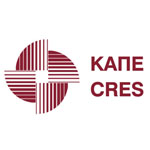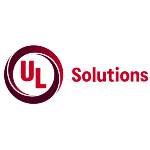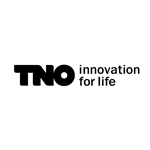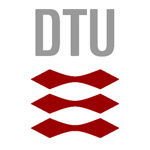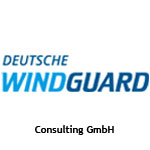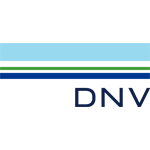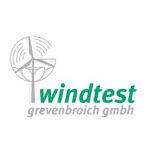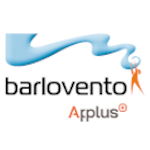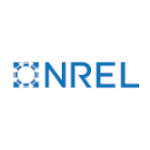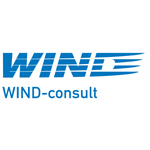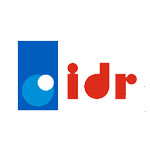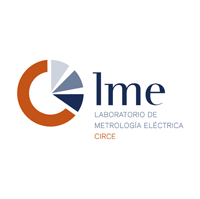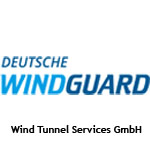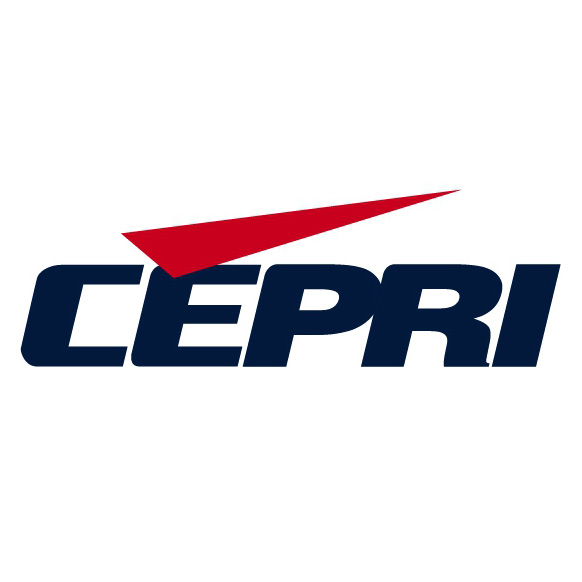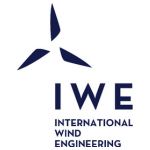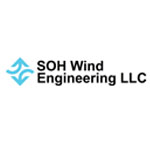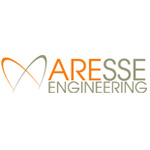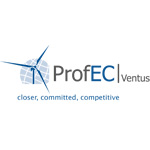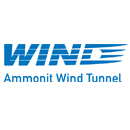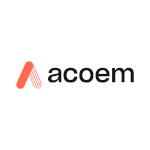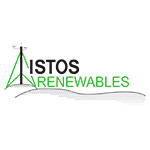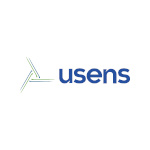Monika Krämer: “The wind industry should listen to those with complaints and fears” (part 2)
In the second part of the interview, Monika Krämer, MEASNET Chairwoman, outlines the reasons why a technical laboratory should join MEASNET. She also offers her perspective on MEASNET’s role in the industry and the future of wind energy during turbulent times.
An interview by Carolina Prada, MEASNET Communications Manager
•Read the first part of the interview
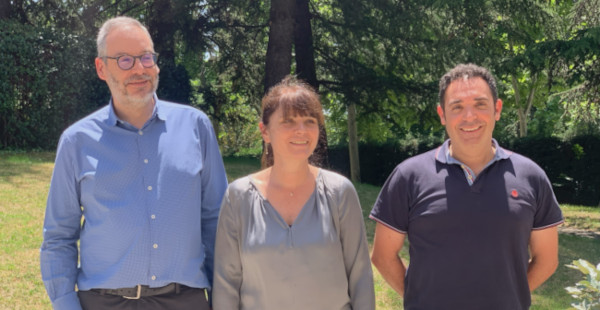
Monika Krämer, with Alejandro Martínez (left) and Íñigo López (right)
Q.- What role does, or should, MEASNET play in the complex wind energy environment, in your opinion?
A.- I would argue that we should continue to preserve the association’s essence: we stand for technical expertise. We are neither a lobby nor a commercially oriented organization; our focus is technical expertise. We have the know-how to organize proficiency testing and expert groups, and we could export this knowledge to other industries which could benefit from our experience. In fact, we have noticed a clear interest among professionals in the documents and reports that we openly share on our website and on our LinkedIn account.
In conclusion, MEASNET should not forget its mission and values. MEASNET is all about technical expertise and technical exchange around the world. We are an open organization with no borders, and that is what makes MEASNET great. From my point of view, we should continue along this path.
Q.- Why should a laboratory join MEASNET? What are the advantages of belonging to this organization?
A.- First of all, there is a basic, commercial motivation behind it. As accredited test labs, many of them IECRE members, performing PTs is mandatory, and MEASNET is the only organization worldwide that provides these intercomparisons. Mutual, international acceptance is another reason. In the case of anemometer calibration, companies must be under the MEASNET quality seal.
In addition, and not less important, this is the only global platform where experts can meet and exchange views setting aside competition for a while, so that we can discuss and share knowledge. In my opinion, that is the biggest benefit of being a MEASNET member.
“The biggest benefit of MEASNET membership is being is the only global platform where experts can meet and exchange views setting aside competition for a while”
Q.- We live in turbulent times in which renewable energies are being questioned from several fronts: climate change denialist governments, those who advocate for nuclear power, and also rural areas who fear that the proliferation of wind and solar farms will negatively affect their environment and way of life. How should the sector address these issues?
A.- From the MEASNET perspective, our strength lies in what I have previously mentioned: we are an independent, technical organization, not influenced by political interests. I would say that this makes the technical information we disseminate more trustworthy, which is an advantage for us. This is a very important point on which MEASNET should really focus: sharing technical information that helps people to distinguish between truths and fake news. We stand for facts and can explain scientific facts to various audiences, sometimes at a lower level and sometimes at a more expert-oriented level. We should be more active in using our knowledge to explain how the industry works and what is going on in R&D.
From the point of view of industry, I’m afraid that we often fall short in clearly conveying facts and effectively disseminating information about our actions to citizens. For example, explaining how energy storage works.
It is important to communicate and promote campaigns that explain facts, especially to those who are skeptical or opposed to renewables. As an industry, we should continue to advocate for our convictions and listen to those who have complaints and fears. This would be part of the political discussion, though, but communities need to perceive a direct benefit for them, to see that renewable industry makes a positive impact on the territories where the wind farms are located.
However, as I have said, this is part of the political discussion. From the technical standpoint, we can acknowledge that there is an undeniable impact, but we should highlight the technical solutions we are developing to minimize it. We definitely need to communicate our views better to the public.
Q.- How do you think the wind industry will evolve technologically in the coming years?
A.- I would say that one of the major issues will be cybersecurity, how to protect huge, decentralized systems.
Additionally, there is the issue of energy storage and managing a decentralized system that delivers energy 24/7. This is a significant challenge. There are many IT solutions for that purpose, and many small communities are currently using systems to achieve it. The challenge lies in scaling those solutions to an entire country. I do not foresee a 20 MW wind turbine in the onshore market within five years, nor will the offshore market’s capacity double in the next ten years.
Q.- Finally, on a lighter note, could you tell us a funny or curious anecdote from your career as
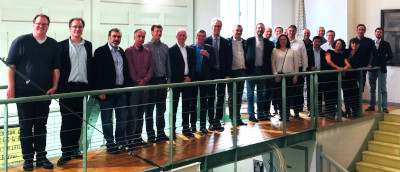
The MEASNET Council of Members at the Eiffel Wind Tunnel, 2017
MEASNET Chairwoman?
It is not funny, but it is a great highlight in MEASNET’s history, and it was a memorable experience for me as well. We had the chance to celebrate the 20th anniversary in the original Eiffel wind tunnel in Paris. It is one of the city’s historical buildings, and it usually opens just one day a year. But they opened it and put it into operation for us! We took a guided tour and then threw our anniversary party there. It was really amazing and impressive!
•Read the first part of the interview

